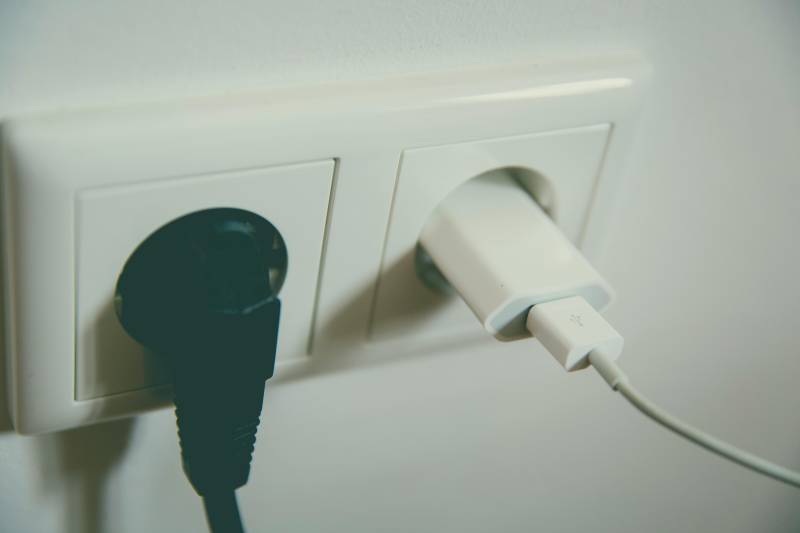

Guidelines for submitting articles to San Javier Today
Hello, and thank you for choosing sanjavier.today to publicise your organisation’s info or event.
San Javier Today is a website set up by Murcia Today specifically for residents of the urbanisation in Southwest Murcia, providing news and information on what’s happening in the local area, which is the largest English-speaking expat area in the Region of Murcia.
When submitting text to be included on San Javier Today, please abide by the following guidelines so we can upload your article as swiftly as possible:
Send an email to editor@spaintodayonline.com or contact@murciatoday.com
Attach the information in a Word Document or Google Doc
Include all relevant points, including:
Who is the organisation running the event?
Where is it happening?
When?
How much does it cost?
Is it necessary to book beforehand, or can people just show up on the day?
…but try not to exceed 300 words
Also attach a photo to illustrate your article, no more than 100kb

Electricity prices in Spain: What to expect in 2025
Understanding the anticipated changes in electricity costs and how they may impact your household budget
 Staying informed about electricity price trends in Spain is essential for both individuals and businesses. It enables effective budget management, encourages the adoption of energy-efficient practices and supports informed decisions regarding environmental impact. By understanding these changes, you can adjust your habits and strategies to minimise costs and promote responsible energy use.
Staying informed about electricity price trends in Spain is essential for both individuals and businesses. It enables effective budget management, encourages the adoption of energy-efficient practices and supports informed decisions regarding environmental impact. By understanding these changes, you can adjust your habits and strategies to minimise costs and promote responsible energy use.Recent trends in electricity prices and forecast for 2025
Understanding electricity pricing in Spain
 Electricity costs in Spain are determined through a complex system combining the wholesale market and government regulations. In the wholesale market, energy producers offer electricity, and retailers purchase it for their customers through a process managed by the Iberian Energy Market Operator (OMIE). Daily prices are set for each hour of the following day based on supply and demand, with the final price determined by the last supply needed to cover demand, using the Euphemia algorithm across the European Union.
Electricity costs in Spain are determined through a complex system combining the wholesale market and government regulations. In the wholesale market, energy producers offer electricity, and retailers purchase it for their customers through a process managed by the Iberian Energy Market Operator (OMIE). Daily prices are set for each hour of the following day based on supply and demand, with the final price determined by the last supply needed to cover demand, using the Euphemia algorithm across the European Union.Several factors contribute to rising electricity prices:
- Natural gas costs: Increases in natural gas prices, essential for electricity generation, significantly impact electricity costs
- Energy demand: Extreme weather conditions can lead to higher electricity consumption for heating or cooling, increasing demand and prices, especially during peak hours
- Renewable energy availability: Periods of low wind or solar energy production necessitate the use of more expensive sources like gas or coal plants, driving up prices
- CO2 emission costs: Rising costs of CO₂ emission rights increase power plant expenses, which are passed on to consumers
- Post-pandemic recovery: Global energy demand has surged during the post-pandemic economic recovery, putting additional pressure on supply and elevating prices
Tips to save on your electricity bills in Spain
- Time-of-use tariffs: Shift high-consumption activities to off-peak hours, typically at night or on weekends, to take advantage of lower rates.
- Energy-efficient appliances: Replace old appliances with models rated A or higher for energy efficiency to reduce consumption.
- Efficient lighting: Use LED bulbs and install home automation systems to control lighting and air conditioning efficiently.
- Temperature management: Maintain appropriate indoor temperatures (19°C to 21°C in winter and 24°C to 26°C in summer) and improve home insulation.
- Solar panel installation: Consider installing solar panels to generate your own electricity and reduce reliance on the grid.
- Review contracts: Periodically assess your contracted power and compare offers from different suppliers to ensure you're getting the best deal.
- Adopt responsible habits: Turn off lights and appliances when not in use, use power strips with switches to avoid standby consumption, and operate appliances efficiently.
- Switching to a different supplier: Your electricity bills may be high because of the energy company you are with. It might be worth conducting a free comparison between energy suppliers to see if you could save money by changing to a different company.







